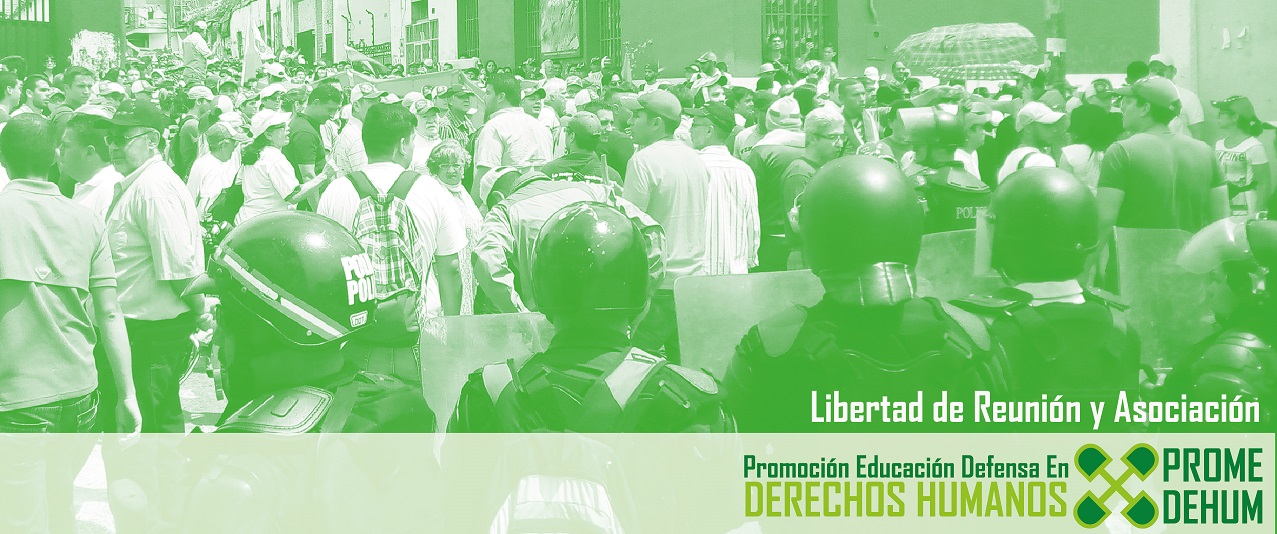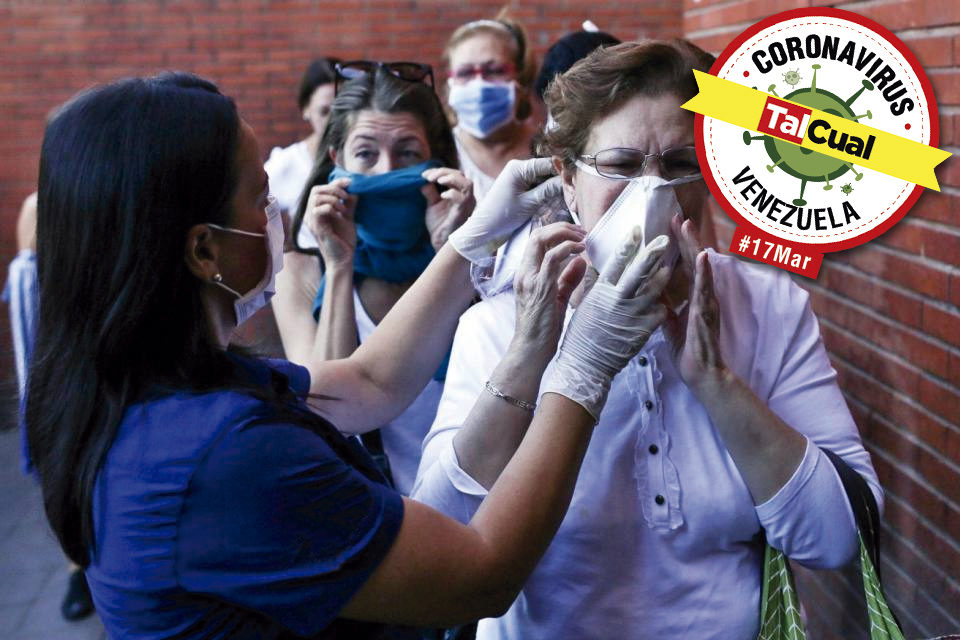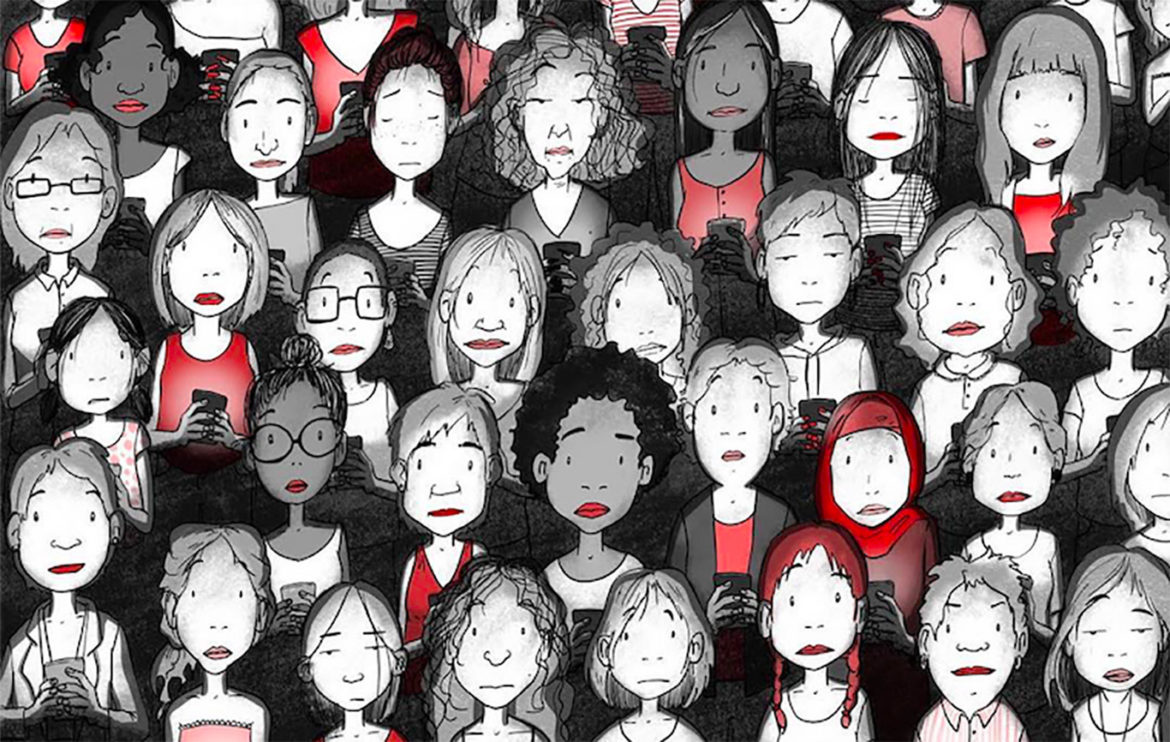Environmental activists pay with their lives the consequences of the Maduro government’s refusal to adopt the Escazú Agreement, the first legal instrument in the world with specific provisions to protect environmental activists. The adoption of the agreement would facilitate environmental justice and guarantee the rights of defenders. However, the Venezuelan State remains the only country in the Amazon basin that has not assumed the legal obligation with the principles outlined in the regional treaty
Defending the environment in Venezuela is deadly work. This year, the British environmental NGO Global Witness ranked the country sixth in the world and fifth in Latin America with the highest number of murders of environmental leaders, after four cases were registered in 2022. Although the figure pales in comparison with the 60 and 34 homicides registered in neighboring Colombia and Brazil respectively, valuable lives are being lost and the crimes often go unpunished.
The four murders of environmental leaders in Venezuela represent 10% of the 40 homicides documented by the Observatory for the Defense of Life (Odevida) in the decade spanning from 2012 to 2022, for an average of four cases recorded every year. 25 of the murders happened at the hands of guerrilla groups such as Colombia’s National Liberation Army (ELN), drug traffickers or criminal gangs. A further 15 are attributed to Venezuelan military forces, according to the observatory’s Coordinator, Raúl Cubas.
The collected figures may fall short as many victims prefer to keep a low profile on their work of defense of environmental and territorial rights and do not present themselves as such in order to protect themselves and their families. Furthermore, Cubas explains that in other cases, which he calls “borderline”, the victims are indirect environmentalists or are killed for living in occupied territories.
The Center for Social Reflection and Action (Cerna) registered at least 30 massacres perpetrated in the southern Venezuelan state of Bolívar between 2016 and 2020, several of them in mining areas that left 217 people dead among local indigenous communities. Since 2008, a “sharp increase” in violent deaths has been recorded in the mining municipalities of Bolívar state, including Callao, Sifontes and Piar.
“In some of these massacres, the victims are members of indigenous communities settled in territories where mining activities are carried out and where different external irregular armed groups exert control. And this is one reason for the disparity in documentation and approach between Odevida and Cerna. Both situations are very serious, whether the victims are organic defenders of the environment or the indigenous peoples, or members of an indigenous community who are murdered for being in a territory occupied by the mining rush,” Cuba explained.
The United Nations Special Rapporteur on the situation of human rights defenders, Mary Lawlor, noted that environmental human rights defenders are defined by what they do, and the denomination includes journalists, activists or lawyers who denounce and oppose the destruction of the environment or territorial usurpation. People living in remote areas who may not even be aware that they are acting as defenders of environmental human rights are also part of this group.
Fear among environmental human rights defenders has increased after the violent death of Virgilio Trujillo, coordinator of the Uwottüja Territorial Guardians in the Autana municipality of the city of Puerto Ayacucho, in the southern Venezuelan state of Amazonas.
In June 2022, Mr. Trujillo was shot three times. Days before, he had received death threats after the National Armed Forces destroyed several clandestine runways and camps in the region, something that he had denounced for years, together with the occupation of lands by armed groups and illegal mining. His case remains unpunished and without any information about the progress of the investigation after Douglas Rico, chief of the Bureau for Scientific, Criminal and Forensic Investigations, announced a press conference on the case in August 2022 that never took place.
In September, the Venezuelan NGO Provea reported that the Public Ministry had raised charges against the alleged perpetrators of the crime, but the information remained unofficial since the authorities have not commented further on the matter, although almost a year and a half has passed since the incident.
In Venezuela, the lack of trust in the willingness of the institutions to serve justice in cases related to the defense of the environment is the norm, and even the Maduro government is often held responsible for creating the conditions that instill fear among the indigenous communities that take up actions to defend their lands. This was denounced by the Venezuelan environmental organization Clima21 in a May bulletin on the access to information, participation and justice in environmental issues in Venezuela, a work that included a survey of several local environmental organizations.
The Venezuelan Observatory of Political Ecology also supported the claims of other organizations in the country after the murder of Virgilio Trujillo:
“The figure of Territorial Guardians constitutes the only form of defense of indigenous peoples against the constant invasion of their territories by actors linked to mining activities. local and foreign armed gangs, miners and a network of actors from the gold mafias are a real threat to the lives of indigenous peoples, who are besieged, harassed, enslaved and violated in multiple forms without any guarantee of protection from the Venezuelan State. This situation has been consistently denounced by different organizations and indigenous communities in the face of the neglect and opacity of the Venezuelan State.”

In the survey conducted by Clima 21, 16% of climate activists in the country indicated that their organizations have turned to the justice system to settle an environmental dispute. Of that number, only 14% reached a judgment. Another 40% do not turn to the Venezuelan justice system because they believe that legal action is unproductive or risky for their organizations.
The survey found that, in practice, 66% of organizations in Venezuela do not have access to justice, as they lack the means or knowledge to take legal action or do not trust the Venezuelan justice system to settle environmental disputes.”
Organizations such as Odevida, Provea and other allies in the protection of the Amazon, including Colombia and Ecuador, have urged the Venezuelan State to guarantee a prompt and effective investigation and reparation, punishing those responsible for the murder of Virgilio Trujillo and all the violent crimes against environmental defenders, which occur mostly in mining areas.
Fifty defenders of the Venezuela chapter of the Odevida regional platform signed a public letter addressed to the Venezuelan Ombudsman, Alfredo Ruíz, requesting the set up of a dialogue table to discuss solutions in this regard, with the participation of representatives of the national Executive branch, the Ministries for Indigenous Peoples and the Environment and leaders of the communities affected by mining and the illegal occupation of territories.
The action was taken in May 2023. Six months later, “this important proposal has not received a response, neither from the Ombudsman nor the parties invited,” Cubas commented.
Defenseless environmental defenders
In 2022, 177 people were murdered around the world for their environmental work, according to the report “Standing Firm: The Land and Environmental Defenders on the frontlines of the climate crisis” by Global Witness. Latin America accounted for 88% of these homicides.
The immense magnitude of the problem becomes more clear if the aggregate figures from 2012 to 2022 are taken into consideration, a period during which 1,335 environmental defenders lost their lives. The numbers have been increasing year after year, except in Venezuela.
According to Raúl Cubas, these types of crimes have decreased in the country since 2020. However, this does not respond to a government policy to protect defenders but to the work of the Fact-Finding Mission on Venezuela, commissioned by the United Nations to investigate possible crimes against humanity committed in the country.
“According to the monitoring conducted by Odevida, murders of environmental defenders have decreased in the last two years, and I think it has to do with the visibility that has been given to this issue, especially in UN reports released in 2021 and 2022 when the situation in the Orinoco Mining Arc was denounced for the first time, thanks to the availability of information coming from this area of the country. For us, this is one of the reasons why murders decreased,” he explained.
Sections 86 and 87 of the 2022 report by the Fact-Finding Mission noted two important points. In the first of them, the Mission found that in the southern Venezuelan state of Bolívar “[c]riminal groups have also engaged in violent territorial battles with rival groups that resulted in deaths and injuries of unarmed civilians.” Second, The Mission also received information from sources with inside knowledge and eye-witnesses pointing to the collusion of some State authorities and criminal groups operating in certain mining areas, and that authorities often fail to investigate or punish the crimes committed by those groups.”
Although environmental problems are increasing while fewer voices dare to denounce them, the Venezuelan State remains a passive and permissive actor, whose inaction is partially responsible for the deepening of violence against these activists. Since 2014, 17 environmental defenders have been murdered in the Venezuelan Amazon. The figure adds up to the 296 deaths recorded in the period for the entire Amazon region, made up of Brazil, Colombia, Ecuador, Venezuela, Bolivia, Peru and Suriname.
Global Witness deemed the Amazon region “one of the most dangerous places to be a defender”. The organization highlighted that defenders of the Amazon are systematically harassed, criminalized, attacked and murdered and that the majority of these crimes are related to mining.
“As guardians of the forest, land and environmental defenders are on the frontline of the Amazon’s devastating exploitation. They face dangerous companies acting with impunity, ruthless state security forces and contracted killers”, the report from the British environmental NGO reads.
A measure can be taken to protect all environmental activists, but the Venezuelan Government has refused to adopt it. This measure is the Escazú Agreement that came into force in April 2021.
In 2018, 24 countries from the Americas signed in Costa Rica the Regional Agreement on Access to Information, Public Participation and Justice in Environmental Matters in Latin America and the Caribbean, known as the Escazú Agreement.
Venezuela did not sign or ratify the instrument, even knowing that it is a unique legal instrument and the first in the world with specific provisions for the protection of environmental activists. Among other things, the agreement would allow the achievement of environmental justice, including the recognition, promotion and protection of the rights of environmental activists. By adopting it, the Venezuelan State would acquire a legal obligation with the postulates set forth in the document.
It is worth noting that Venezuela is the only country in the Amazon region that has not signed the agreement. Other countries outside the region that have not signed the treaty include Honduras, Cuba, and El Salvador.
Article 9 of the Escazu agreement establishes that “[e]ach Party shall guarantee a safe and enabling environment for persons, groups and organizations that promote and defend human rights in environmental matters, so that they are able to act free from threat, restriction and insecurity.”
Also, Article 8 provides for measures to guarantee the right of access to justice, which involve the implementation of executive, enforcement and redress mechanisms in favor of those affected by environmental crimes.
Marino Alvarado, coordinator of Legal Enforceability at Provea, said that “although those who govern do not show a willingness to sign the Escazú Agreement, organizations and individuals concerned about environmental rights must continue to demand that the authorities sign and ratify the instrument.”
According to Alejandro Álvarez Iragorry, coordinator at the Venezuelan environmental organization Clima 21, the problem resides in that, at the moment, many big businesses related to the environment are generally kept out of the public eye in Venezuela. It would not be in the best interest of the Maduro government to sign this agreement because it would involve putting an end, for example, to the Mining Arc.
Translated by Jose Rafael Medina




